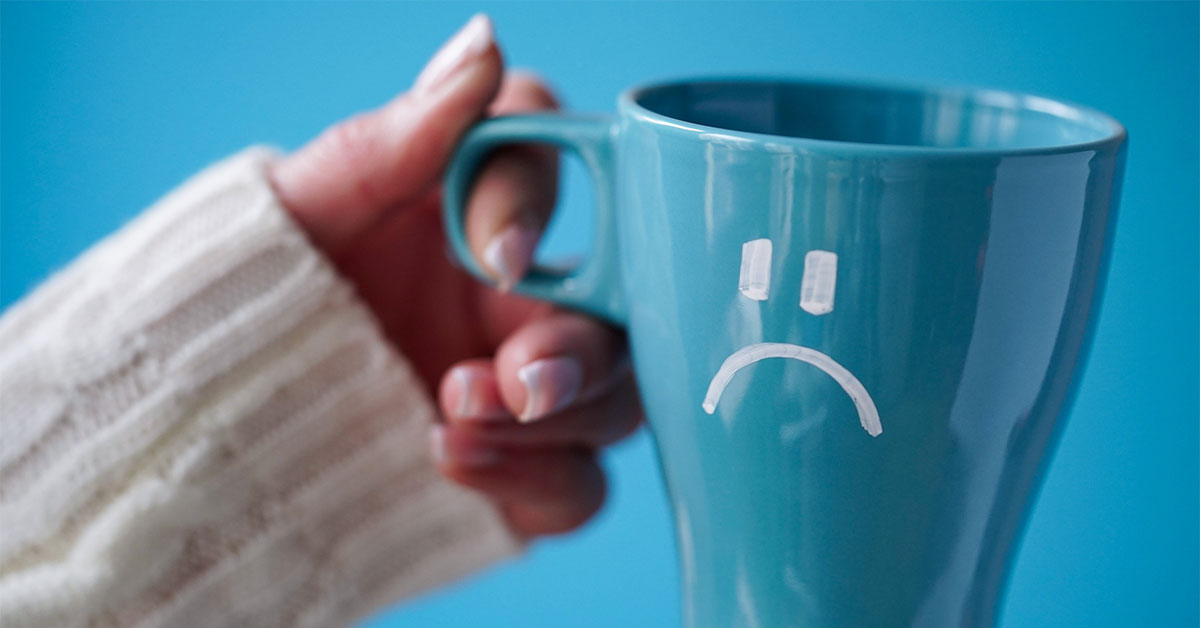Stress—it can wreak havoc on our minds and bodies. That’s why this month, during National Stress Awareness Month, we’re shining a light on stress. Did you know that men and women often experience and cope with stress differently? While the physiological response to stress (the “fight-or-flight” reaction) is similar, hormonal and social factors can influence how we perceive and manage stressful situations. Let’s explore the complexities of stress and the challenges each gender faces.
Hormones and stress
Women are a hormonal symphony throughout their lives. From puberty to menstruation, pregnancy, and menopause, fluctuating hormone levels can influence how women perceive and respond to stress. Here’s a closer look:
- Estrogen and progesterone: These sex hormones play a crucial role in mood regulation. During the menstrual cycle, dips in estrogen and progesterone can contribute to feelings of anxiety and irritability.
- Oxytocin: Often dubbed the “love hormone,” oxytocin promotes feelings of calmness and connection. Studies suggest women may naturally produce more oxytocin than men, potentially offering a buffer against stress. However, chronic stress can deplete oxytocin levels, creating a negative feedback loop.
Stress and the female brain: Research indicates differences in brain structure and function between men and women may begin when brain changes occur during puberty. These variations may influence how women process and respond to stressful stimuli. For example, women may be more likely to experience rumination, dwelling on negative thoughts and emotions, which can exacerbate stress.
Fight or Flight vs. Tend and Befriend
Socialization and cultural expectations can also shape how men and women manage stress. Here are some potential differences:
- The “Fight-or-Flight” response: Traditionally associated with masculinity, the fight-or-flight response is a physiological reaction to stress that involves increased heart rate, blood pressure, and cortisol (the stress hormone). When stressed, men may be more likely to engage in externalizing behaviors like anger or withdrawal. Researchers are studying a specific gene called SRY, which is only present in men, and believe it may contribute to the fight-or-flight response.
- The “Tend-and-Befriend” response: Research suggests women may be more inclined towards a tend-and-befriend response. This involves seeking social support, talking through problems, and nurturing relationships, all of which can help buffer the negative effects of stress.
It’s important to note that these are generalizations, and individual coping mechanisms can vary significantly within genders.
The impact of stress on women’s and men’s health
Chronic stress can have a significant impact on both physical and mental health, regardless of gender. Here’s a breakdown of some potential consequences:
For women
- Increased risk of depression and anxiety: Women are twice as likely as men to develop depression and anxiety disorders.
- Heart disease: Chronic stress can contribute to heart disease risk factors like high blood pressure and unhealthy cholesterol levels.
- Autoimmune disorders: Stress can worsen symptoms of autoimmune disorders like lupus or rheumatoid arthritis.
For men
- Substance abuse: Men may be more likely to turn to alcohol, drugs, or unhealthy behaviors like overeating to cope with stress.
- Anger management issues: Chronic stress can contribute to irritability and aggressive behavior in men.
- Erectile dysfunction: Stress can disrupt hormones and blood flow, potentially leading to erectile dysfunction.
Effective stress management for all
Regardless of gender, several strategies can help manage stress effectively:
- Exercise: Physical activity is a powerful stress reliever. Aim for at least 30 minutes of moderate-intensity exercise most days of the week.
- Relaxation techniques: Practices like yoga, meditation, and deep breathing can promote relaxation and reduce stress hormones.
- Eat a balanced diet: When you’re stressed, your body craves comfort foods, but these often lack essential nutrients. Aim for meals rich in fruits, vegetables, and whole grains to keep your energy levels stable and your mood balanced.
- Prioritize sleep: Being well-rested is crucial for managing stress. Aim for 7-8 hours of quality sleep each night. Establish a relaxing bedtime routine to wind down before sleep.
- Limit alcohol and caffeine: While these substances might seem calming in the short term, they can disrupt sleep and worsen anxiety in the long run.
- Connect with loved ones: Social support is a powerful stress buffer. Spend time with friends and family who make you feel good.
- Identify your stressors: The first step to managing stress is understanding what triggers it. Keep a stress journal to identify patterns and pinpoint your stressors.
- Time management: Feeling overwhelmed by tasks can be a major stressor. Learn effective time management techniques to prioritize tasks and avoid feeling overloaded.
- Learn to say no: Don’t be afraid to politely decline requests that would add unnecessary stress to your life. It’s okay to set boundaries and prioritize your well-being.
- Practice mindfulness. Mindfulness exercises such as spending time in nature or engaging in hobbies you enjoy can help you stay present and reduce stress.
- Seek professional help: If stress feels overwhelming or starts interfering with your daily life, don’t hesitate to seek professional help from a therapist or counselor.
By recognizing the unique ways men and women experience stress, we can develop personalized coping mechanisms. This knowledge empowers us to make informed choices about our well-being. Remember, the strategies listed above are a toolkit you can customize to fit your own needs. Experiment to find what works best for you.
When you need help
If stress continues to be a significant challenge, reach out to your provider for additional support. Call Welia Health at 320.679.1313 or request an appointment online. Taking charge of your stress management is an investment in your overall health and happiness.
For those experiencing severe depression or thoughts of suicide, immediate help is vital. Call 988, text 988 or visit 988lifeline.org for support and assistance from the 988 Lifeline. In life-threatening situations, dial 911.













